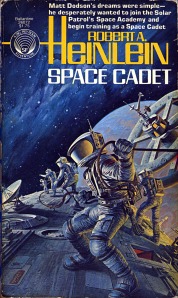(January 2014) Memoir / Self-help / Minimalist
Walden on Wheels, by Ken Ilgunas, really resonated with me.
Partly it was the minimalist message, about the benefits of going through life with less, and partly it was the appeal of nature (he spends a lot of the book in Alaska).
This is a very readable book, and I polished it off in a couple of days. Basically it’s autobiographical and describes the author’s life after he realizes how much debt he is taking on in college, and his subsequent struggle to get rid of it and figure out how to live.
It’s a funny book and seems very honest. The only drawback might be that it can be a little preachy at times, and even somewhat smug. I agree with the author almost completely though, so neither of those bothered me 😉
At $3.99 for the Kindle version, I wholeheartedly recommend Walden on Wheels.
8/10









